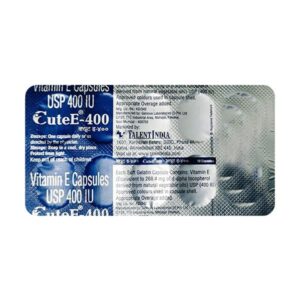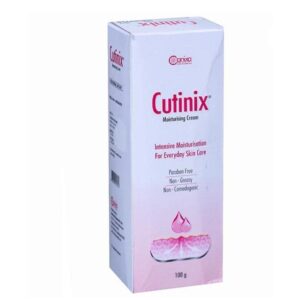VITAMIN E
VITAMIN E: Vitamin E is a fat-soluble vitamin and antioxidant that is essential for the proper functioning of the body. It is commonly used as a dietary supplement and is naturally found in various foods.
The main use of vitamin E is to support overall health and well-being. It plays a crucial role in protecting the body’s cells from damage caused by free radicals, which are unstable molecules that can harm cells and contribute to chronic diseases. Vitamin E also helps in maintaining healthy skin, hair, and eyes.
The mechanism of action of vitamin E lies in its antioxidant properties. It neutralizes free radicals by donating an electron, thereby preventing them from causing cellular damage. Moreover, it works synergistically with other antioxidants, such as vitamin C, to enhance their effectiveness.
The recommended daily dose of vitamin E for adults is 15 mg (22.4 IU). However, higher doses may be recommended for individuals with certain medical conditions or specific needs. It is available in various forms, including capsules, tablets, and as an ingredient in multivitamin supplements.
While vitamin E is generally considered safe when taken within the recommended dosage, it can cause some side effects in high doses. These side effects may include nausea, stomach cramps, diarrhea, fatigue, headache, and blurred vision. Additionally, individuals who take blood thinners should exercise caution with high doses of vitamin E, as it can increase the risk of bleeding.
It is important to note that excessive and prolonged intake of vitamin E through supplementation may have adverse effects, such as increased risk of bleeding and potential interactions with certain medications. Therefore, it is always advisable to consult a healthcare professional before starting any new supplement regimen.





